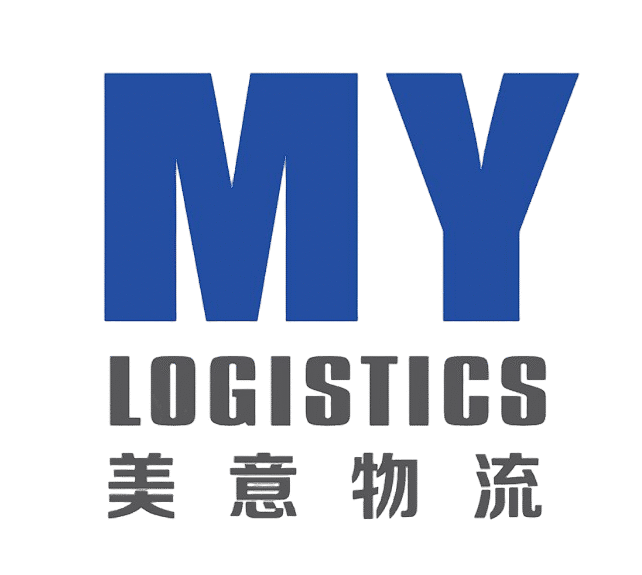What is a Freight Forwarder? How They Simplify Your Global Supply Chain
If you’ve ever found yourself lost in a maze of shipping quotes, customs forms, and carrier options, you’re not alone. This is where a freight forwarder steps in – not just as a vendor, but as your logistics partner.
The Simple Analogy That Explains Everything
Think of a freight forwarder as the general contractor for your international shipments. You wouldn’t build a house by hiring separate plumbers, electricians, and carpenters while also sourcing all the materials yourself. A general contractor manages the entire project. Similarly, a freight forwarder coordinates the complete journey of your goods across multiple carriers, borders, and handling stages.
What Freight Forwarders Actually Do (Beyond Shipping)
They’re Route Optimizers
Instead of you spending hours comparing sea freight vs. air freight rates, forwarders analyze:
Your timeline requirements
Budget constraints
Product characteristics
Seasonal shipping patterns
They might recommend a sea-air combination that saves 40% compared to pure air freight while being twice as fast as ocean shipping.
They’re Documentation Experts
One missing form can stall your shipment for weeks. Forwarders manage:
Commercial invoices
Certificates of origin
Bills of lading
Export declarations
Import permits
They ensure every document is completed correctly and submitted on time.
They’re Problem Solvers
When storms close ports or carriers oversell capacity, forwarders have contingency plans:
Alternative routing options
Backup carrier relationships
Local contacts at ports worldwide
Real-time tracking and intervention capabilities

The Hidden Value Most Businesses Miss
Beyond the obvious shipping coordination, quality forwarders provide:
Cost Management
Volume discounts across multiple clients
Fuel surcharge optimization
Container utilization strategies
Hidden fee identification
Risk Mitigation
Cargo insurance placement
Compliance verification
Security screening coordination
Damage prevention protocols
Time Recovery
One client saved 12 hours weekly by having their forwarder handle:
Carrier communications
Documentation preparation
Customs clearance follow-up
Delivery appointment scheduling
When Does Your Business Need One?
Consider working with a forwarder if you:
Ship internationally more than twice monthly
Handle time-sensitive products
Manage complex products requiring special handling
Lack in-house logistics expertise
Want to reduce administrative burden
Need better visibility into shipping costs
The Modern Forwarder’s Toolkit
Today’s forwarders leverage technology to provide:
Digital booking platforms
Real-time shipment tracking
Automated document generation
Predictive analytics for delays
Customs database integration
Making the Right Choice
A good freight forwarder becomes an extension of your team. They understand your business goals, anticipate challenges, and proactively suggest improvements to your supply chain.
The right partnership transforms logistics from a constant headache into a competitive advantage. Instead of worrying about shipping details, you can focus on growing your business.
Related Posts
China to U.S. Cities Logistics: A Complete Guide to Services, Transit Times & Solutions
China to U.S. Cities Logistics: A Complete Guide to Services,…
Shanghai to Key Areas in Minnesota: Freight Forwarding Services
Shanghai to Key Areas in Minnesota: Freight Forwarding Services Shanghai…
Guangzhou to New Zealand Freight Forwarding Service: Quotations covering major cities in New Zealand
Guangzhou to New Zealand Freight Forwarding Service: Quotations covering major…

